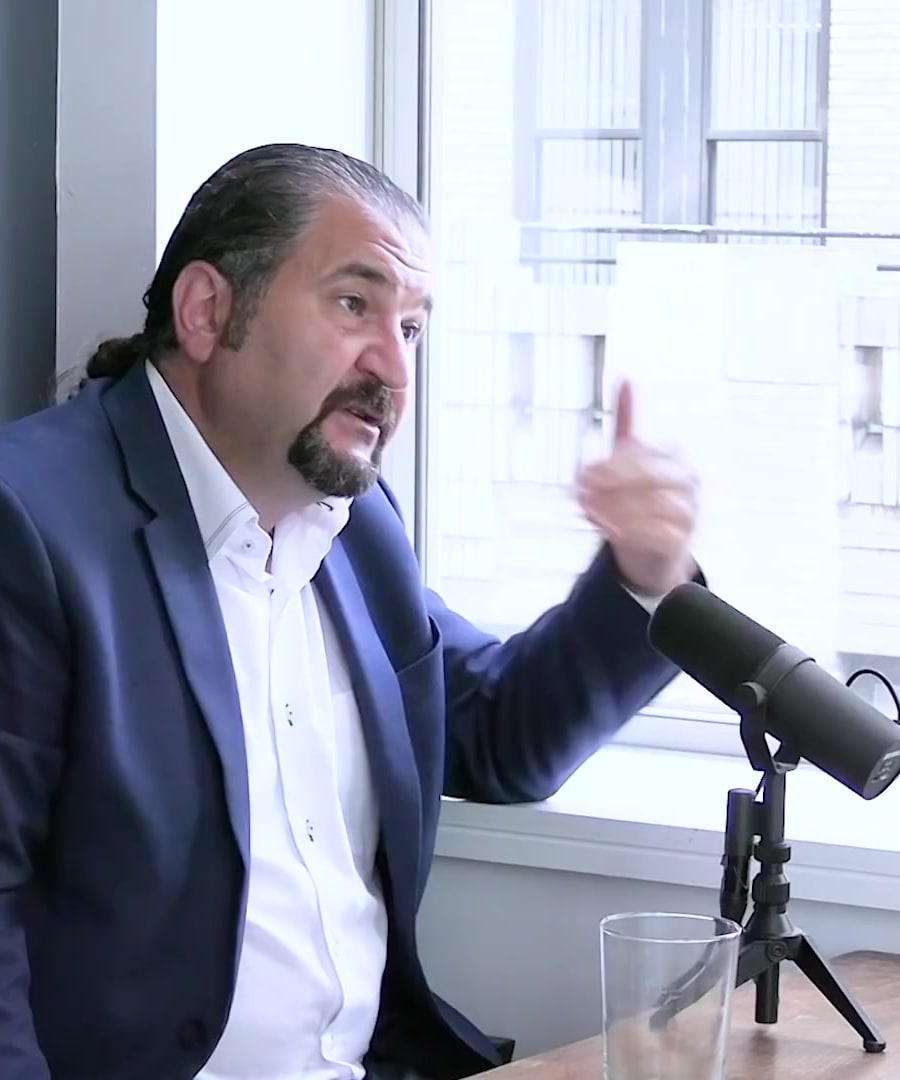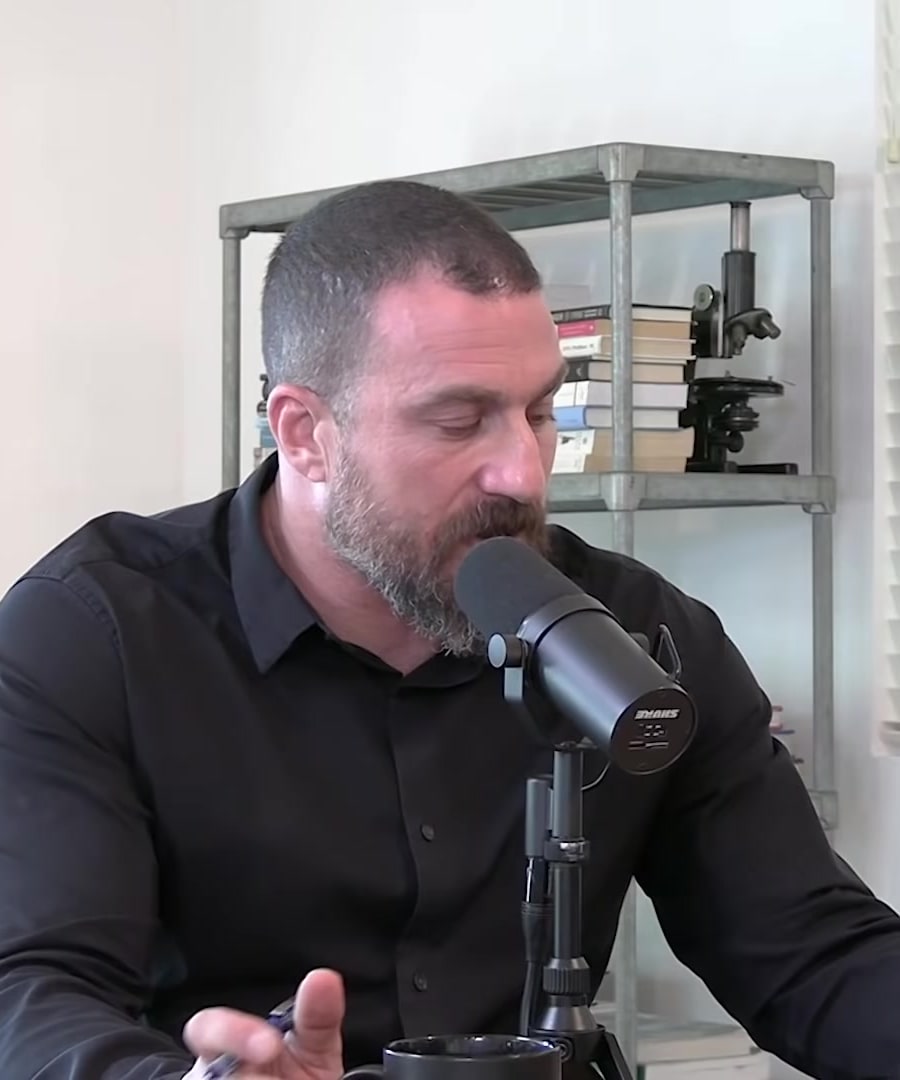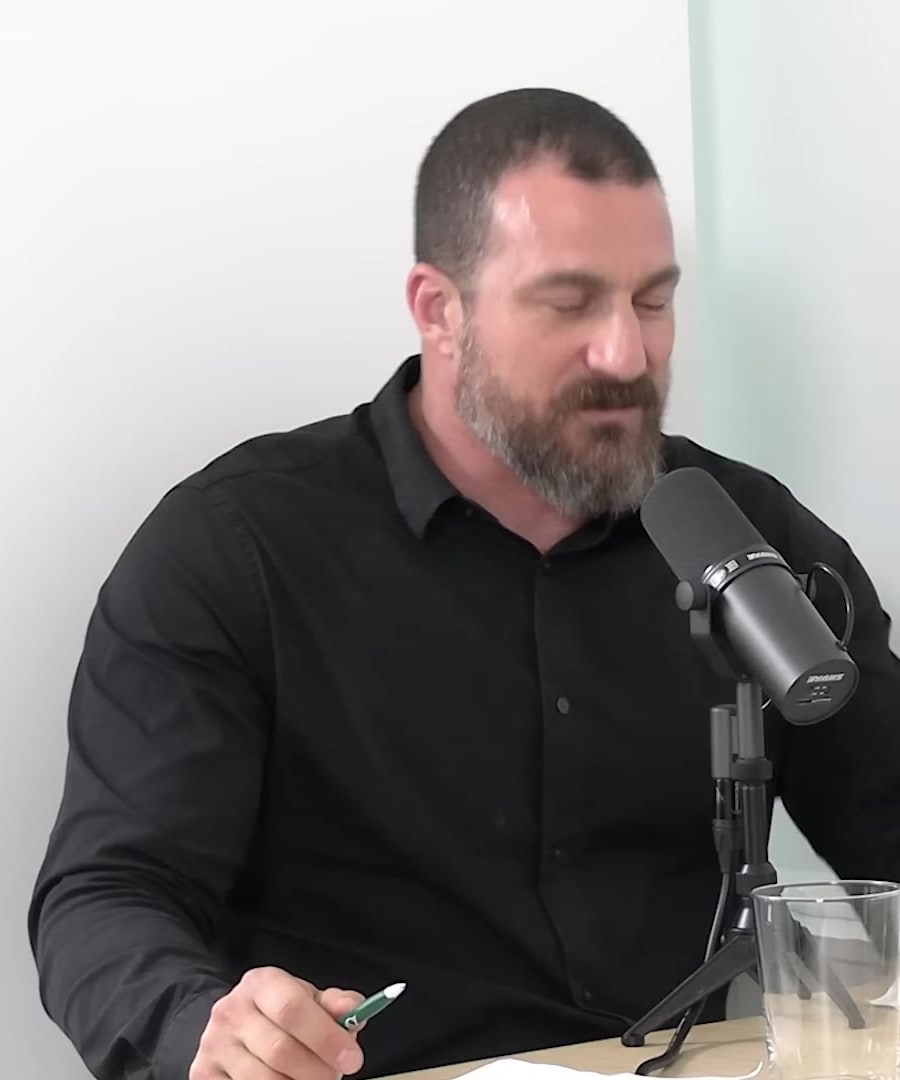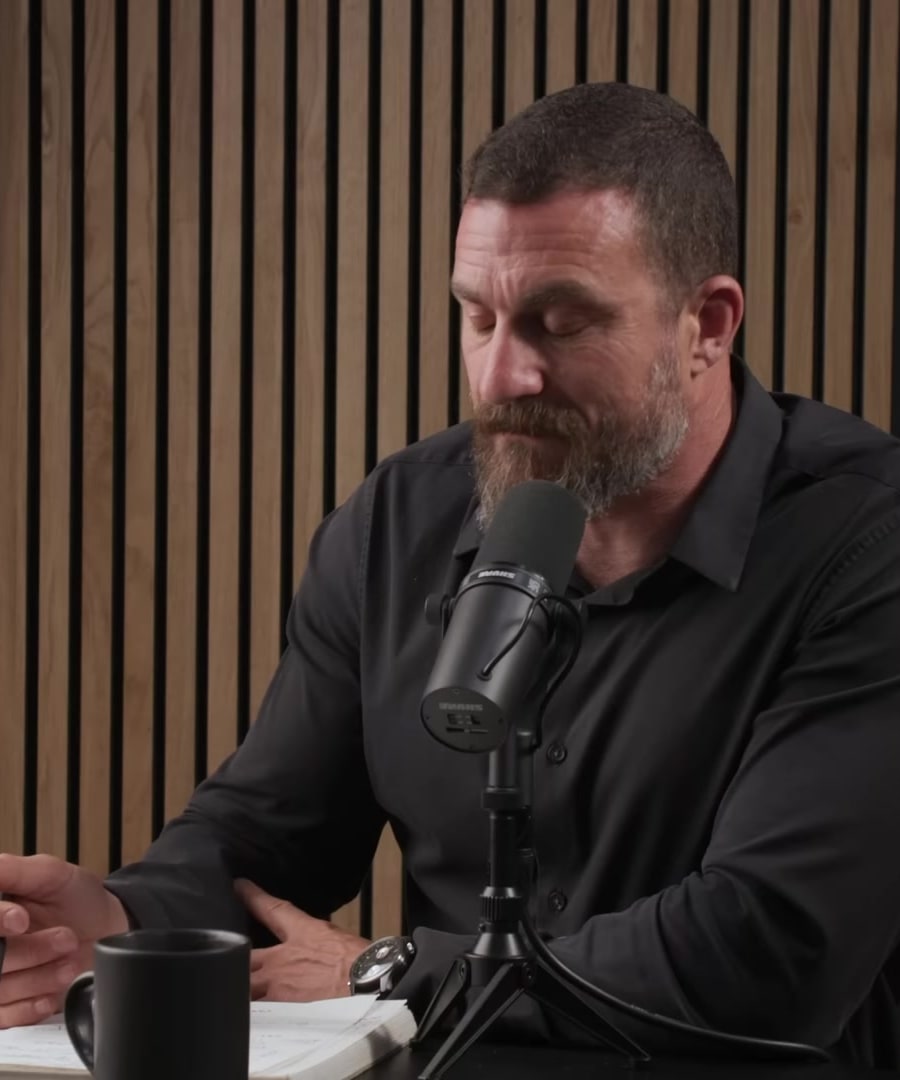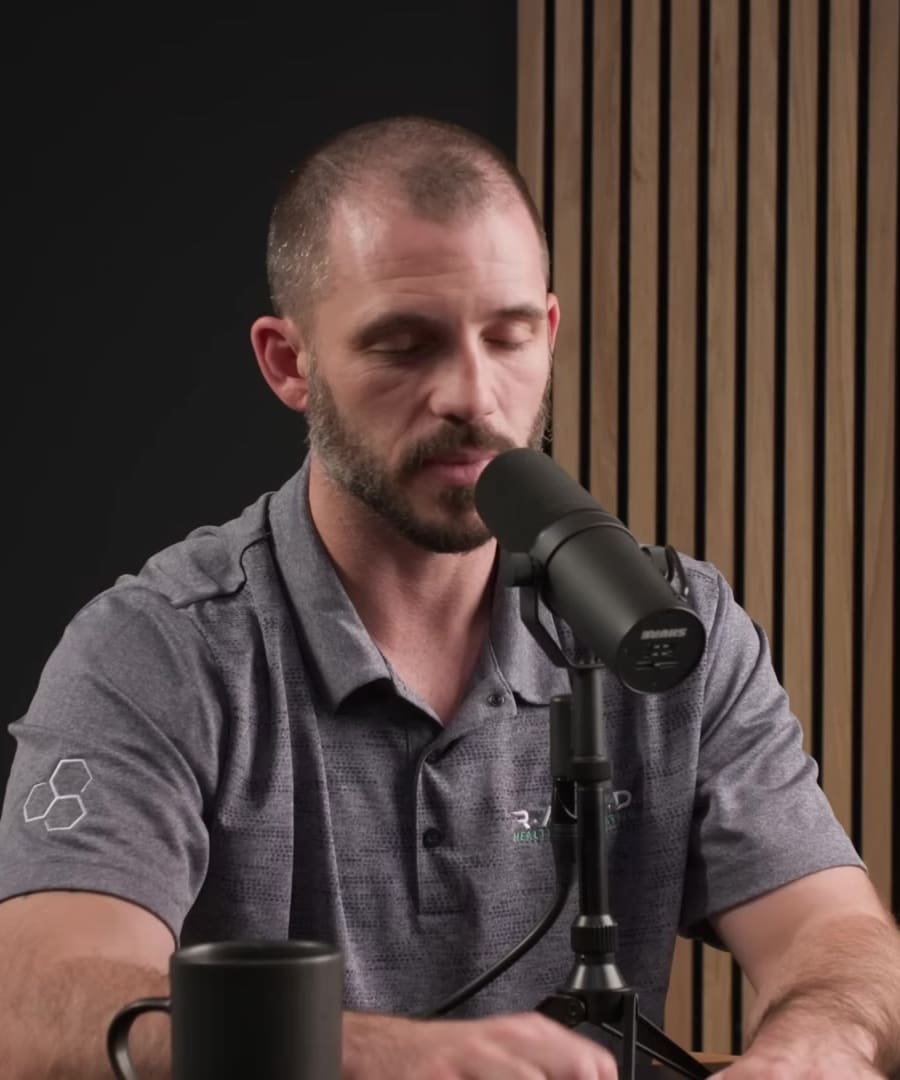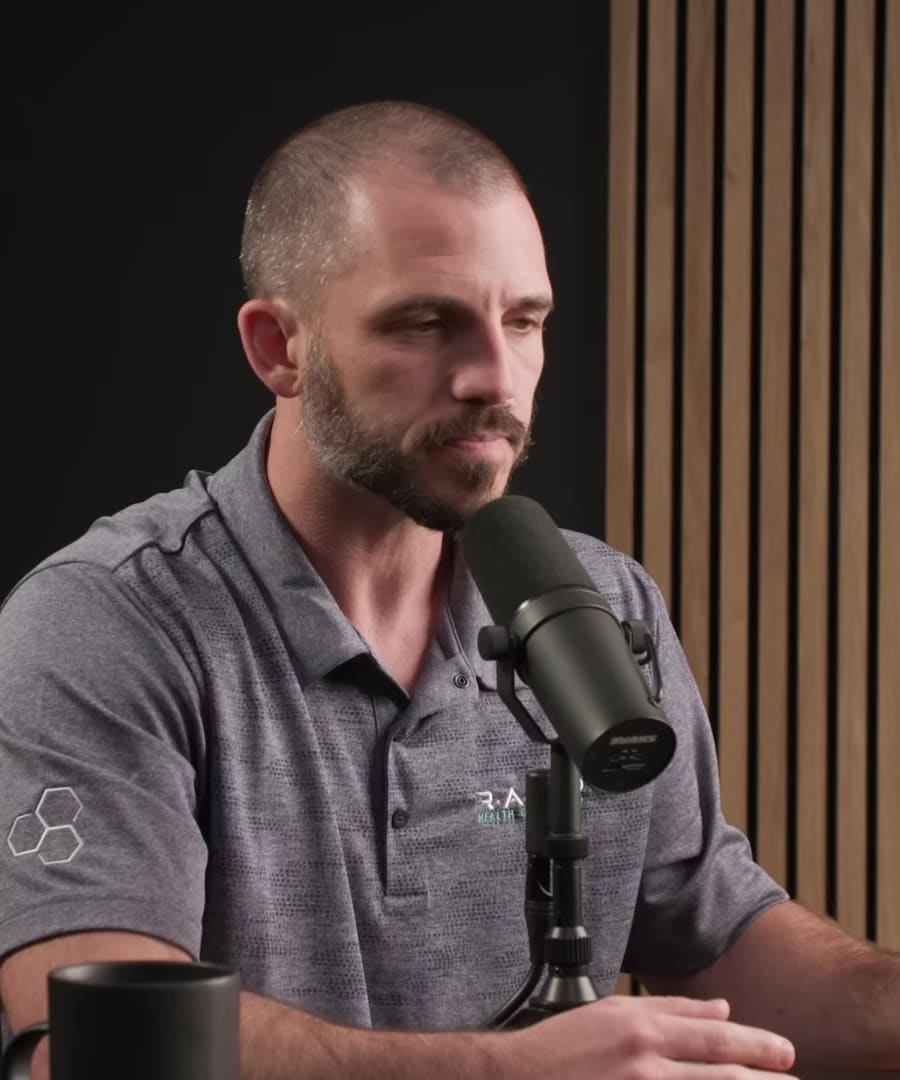What do experts say about daylight saving time?
Sources:
Daylight Saving Time (DST) is a topic covered on the podcast, particularly regarding its impact on circadian rhythms and sleep. Dr. , Chief of the Section on Light and Circadian Rhythms at the National Institutes of Health, along with , has expressed that DST changes can disrupt sleep patterns and circadian rhythms. During daylight savings, people are pushed to adapt to a time that is already later in the day when the light is going to push them later anyway. This can be especially problematic for individuals with already delayed sleep rhythms, as DST exacerbates the issue by making their circadian clock even more delayed 1.
Both Dr. Hattar and Dr. Huberman are advocates for abolishing DST because of its potential negative effects on mental health. Eliminating DST could have a positive impact on the widespread issues related to improper interactions with light. The circadian community has been trying for years to abolish DST due to these concerns 1.
Overall, experts like Dr. Hattar and Dr. Huberman suggest that maintaining consistent circadian rhythms by aligning our daily patterns with natural daylight and night-dark cycles is crucial for our mental and physical health, and adjusting the clocks for DST adds unnecessary disruption to these rhythms.
Best foods for low testostorone?
Sources:
While the does not seem to directly discuss specific foods to address low testosterone, has talked about supplements that may influence testosterone levels. For instance, Tongkat Ali is mentioned as a supplement that can increase free testosterone by reducing sex hormone-binding globulin, potentially benefiting both men and women in dosages ranging from 200 to 600 milligrams per day 1.
Additionally, Dr. Kyle Gillett, a dual board-certified physician in family and obesity medicine, discusses certain curcuminoids found in turmeric which can inhibit the enzyme that converts testosterone to DHT. He also notes that Creatine monohydrate can significantly increase the conversion of testosterone to DHT, which could be considered by individuals with low testosterone levels 2.
It's important to remember that any supplementation should be considered in consultation with a healthcare provider to ensure proper dosage and to assess any potential effects based on individual health status and goals.
What do experts say about post-workout nutrition
Sources:
Experts on the have shared extensive insights on post-workout nutrition, emphasizing that the timing and content of your meals can significantly influence recovery and muscle growth.
Key Insights on Post-Workout Nutrition:
-
Timing of Nutrients:
- The importance of consuming protein and carbohydrates soon after workouts to maximize muscle recovery and growth has evolved. It's now understood that the body can utilize these nutrients effectively within a broader time frame, potentially up to several hours post-exercise 1.
-
Quantity and Quality of Protein:
- For muscle hypertrophy, consuming higher amounts of protein, typically around 1.6 to 2.7 grams per kilogram of body weight per day, spread throughout the day, is recommended. This approach supports continuous muscle protein synthesis 2.
-
Carbohydrates and Recovery:
- Carbohydrates play a crucial role in replenishing muscle glycogen and aiding recovery. The exact timing might not be as critical as previously thought, but ensuring carbohydrate intake post-workout can help optimize recovery, especially after prolonged or high-intensity workouts 3.
-
Nutrient Ratios for Different Goals:
- Depending on the type of training (strength vs. conditioning), the ratios of protein to carbohydrates can vary. For strength-focused workouts, a 1:1 ratio might be adequate, whereas more carbohydrate-intensive ratios might be beneficial for endurance or mixed training sessions 4.
-
Individual Preferences and Digestibility:
- It's also important to consider personal digestive comfort and individual response to different foods or supplements. For example, some might prefer a protein-rich post-workout meal, while others might find it hard to digest and opt for lighter options 5.
Overall, consistency in nutrient intake and aligning it with personal comfort and training goals is key to effective post-workout nutrition.
RELATED QUESTIONS-
What do experts say about daylight saving time?
Best foods for low testostorone?
What do experts say about post-workout nutrition
- RELATED QUESTIONS
